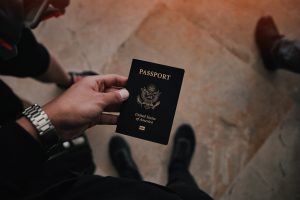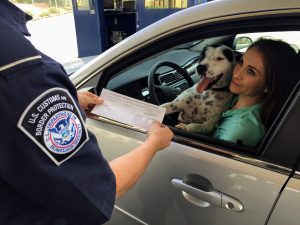Getting a green card is challenging for everyone, but for people deemed inadmissible it’s particularly difficult.
What is inadmissibility? Theoretically, people who are inadmissible will never be permitted to enter the US. In practice, it’s sometimes possible for people classified as inadmissible to receive waivers that make entering the US attainable despite the classification.
In most cases, a person is classified as inadmissible when he or she might pose some kind of “threat”. People with certain communicable diseases, for instance, are inadmissible.
The common grounds of inadmissibility are:
- Having a serious communicable disease
- Having a mental disorder that may cause you to harm yourself or others
- Being a drug addict or heavy user
- Being a drug dealer
- Not having required vaccinations
- Having violated immigration laws
- Having been convicted of a crime involving “moral turpitude”
- Having been a prostitute
- Having multiple criminal convictions
- Being likely to become dependent on government assistance
If you apply to enter the United States, an automatic check is done to see if you are inadmissible. Admissibility is tracked by several agencies: the Department of State, the Department of Homeland Security, and the US Citizenship and Naturalization Services. The Customs and Border Patrol checks airplane passengers entering the US, and hundreds of people are detained daily. If you’re a green card holder, you need to be certain that there’s no reason that you might be found inadmissible. Something as simple as having received public assistance, for instance, may make it difficult for a permanent resident to reenter the US.
Inadmissibility isn’t always absolute, however. The inadmissibility determination may have been made in error, or something in your circumstances may have changed—you may have recovered from the disease that made you inadmissible, for instance. If there are no errors in your inadmissibility ruling, you may still have the option of applying for a waiver. The waiver requirements are complex and specific to the reason for inadmissibility. Perhaps the most common reason for inadmissibility is having violated immigration laws by residing in the US illegally. A waiver may be possible if you have a spouse or parent who is a US citizen or permanent resident and who will experience extreme hardship if you’re denied admission to the US.
If you or a relative are dealing with the possibility of inadmissibility, you should consult an immigration lawyer as soon as possible. Eligibility for a waiver typically is complicated to determine, and the application needs to be filled out in such a way that it’s likely to meet with success. Please contact us today if you’d like assistance with this matter!







